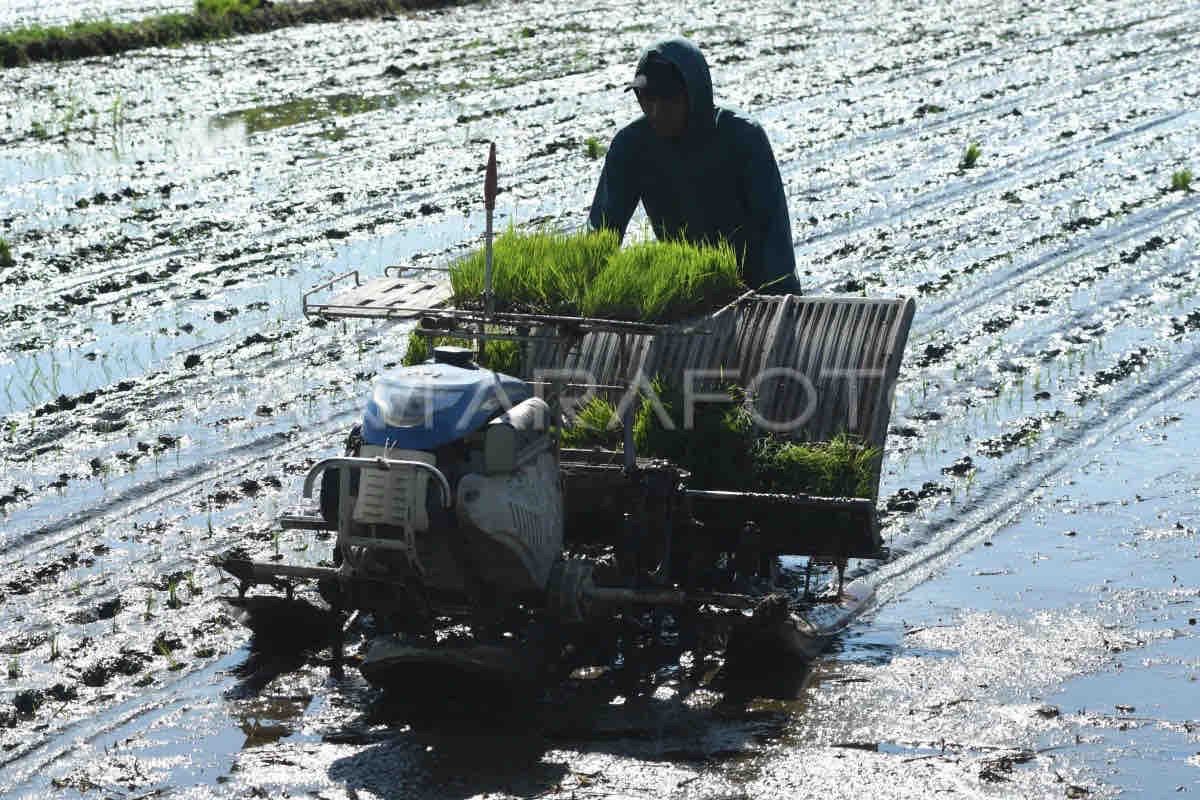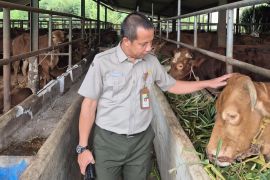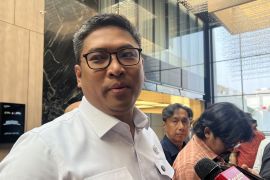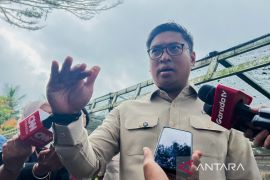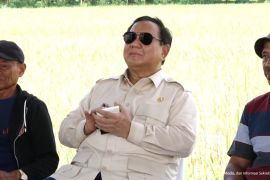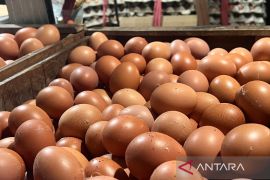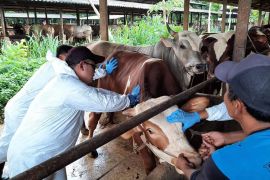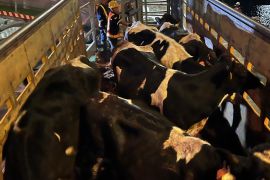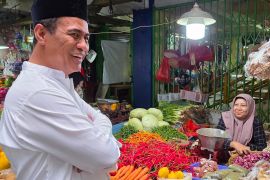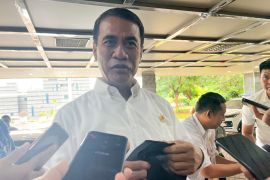To this end, the government is continuing to support the transformation of villages as centers of food security. The main pillars for driving the agricultural sector forward are technology programs and the active participation of village communities.
The main strategies for achieving food sufficiency include optimizing agricultural land in villages. Further, modern technology and farmer support are key for increasing agricultural yields more efficiently.
Modern technology is an essential element in the modernization of agriculture in the villages. The use of agricultural tools and machinery can boost land productivity and accelerate food production significantly.
Training of farmers is also necessary. Training programs are currently aimed at improving the skills of farmers in adopting modern and sustainable agricultural techniques.
The empowerment of youths is also one of the main focuses for building food self-sufficiency as they are considered agents of change who can bring innovation and infuse a new spirit into the agriculture sector.
With the involvement of youth, the agricultural potential of villages can be developed using a more modern and efficient approach.
Moreover, villages have abundant natural resources, such as fertile land and water sources. This potential, if managed well, can become a capital that supports food sufficiency in Indonesia.
Centers of self-sufficiency
According to Minister of Villages and Development of Disadvantaged Regions Yandri Susanto, food self-sufficiency must start in villages. This is essential to realize the 2045 Golden Indonesia vision.
Though Indonesia is a large country, weak food security can make it vulnerable. Therefore, the abundant resources in villages must be tapped with the collaboration of various parties.
It is important for Indonesia not to rely on food imports. By utilizing village potential optimally, domestic food needs can be met without having to obtain food from other countries.
To realize food self-sufficiency, the government is encouraging efforts to identify the potential of all villages, especially underdeveloped villages, so that the local potential can be developed more effectively and in a targeted manner.
Village development through village-owned enterprises (BUMDes) is one solution to accelerate the achievement of food self-sufficiency. BUMDes can serve as a driving force to improve the economy and food security in villages.
With good synergy, villages in Indonesia can accelerate the achievement of the food self-sufficiency target and also emerge as centers of economic self-sufficiency.
Villages essentially have a crucial role in the country's development considering that most Indonesians reside in villages.
Agricultural transformation
The budget ceiling of the Ministry of Agriculture for 2025 has been set at Rp29.37 trillion (around US$1.84 billion).
The budget will be used for developing modern agriculture through the millennial farmer program, with the target of creating 65,170 competent modern agricultural human resources, among other things.
Modernizing agriculture through technology, such as automated tractors, fertilizer-spraying drones, and smart irrigation systems, is important for increasing rural production toward building food sufficiency.
Minister of Agriculture Andi Amran Sulaiman has pointed out that agricultural modernization can cut production costs by up to 70 percent, increase efficiency, and speed up agricultural processes.
This is because modern agriculture allows farmers to manage their farming businesses more optimally, without the burden of high costs or dependence on traditional methods.
The Agriculture Ministry is also implementing a water pumping program to boost production. The water pumping program is expected to help increase the planting area in production centers, thereby ensuring national food needs are met sufficiently.
Farmer regeneration
Farmer regeneration poses a significant challenge to the development of villages as pillars of food self-sufficiency. The involvement of the younger generation is crucial to ensure the continuity of the agricultural sector.
As a strategic step, the Ministry of Agriculture has initiated the millennial farmer program to encourage the youth to take up agriculture.
The program not only aims to replace the role of senior farmers but also support agricultural transformation toward a modern, technology-based era.
One of the main focuses of the program is farm modernization with the assistance of high-tech tools and machinery.
Village youths joining the program will have access to advanced tools, such as modern tractors, which are designed to push up productivity as well as efficiency in land management.
So far, around three thousand students from several universities, especially in South Sulawesi, have participated in the program. The number is targeted to continue to grow to reach 50 thousand young farmers.
In addition to modern tools, they are being encouraged to adopt technology-based agricultural practices, which can enable them to earn an income of up to Rp10 million (around US$628) per month.
The government believes that the switch from traditional practices to modern technology is a key step for tackling various challenges in the agriculture sector.
With a budget of Rp3 billion (around US$188,617), the program seeks to not only provide technology but also open up better economic opportunities for young farmers.
Besides boosting efficiency, agricultural modernization is expected to transform the sector into a promising career choice for the younger generation.
Cause for optimism
President Prabowo Subianto has expressed optimism that Indonesia will achieve food self-sufficiency in 4 to 5 years. This optimism is based on his discussions with the relevant experts.
Food sufficiency is crucial to prevent dependency on other countries for food commodities.
Moreover, he said, during crises, no country would want to sell its food commodities to others.
Food self-sufficiency is being pursued through various efforts, including expanding planting areas, increasing the planting periods, distributing subsidized fertilizers, providing agricultural tools and machinery assistance, and carrying out agricultural modernization.
Chairperson of the National Farmers and Fishers Association (KTNA), Yadi Sofyan Noor, said that the new rice field creation program is an essential step to support the realization of food self-sufficiency.
The creation of new rice fields is considered the right strategy to ensure food availability and bolster national food security sustainably.
Technology and mechanization are important elements for the success of the new rice field creation program, which is not only expected to boost agricultural output but also help lower production costs.
Mechanization is considered key for the effectiveness and efficiency of the rice field creation program. The use of modern technology would allow farmers to work more productively.
Villages have a central role in Indonesia's food self-sufficiency efforts. Support from the government, the younger generation's participation, and modern technology adoption would make them strong and independent centers of food production.
Translator: Muhammad Harianto, Raka Adji
Editor: Aditya Eko Sigit Wicaksono
Copyright © ANTARA 2024
